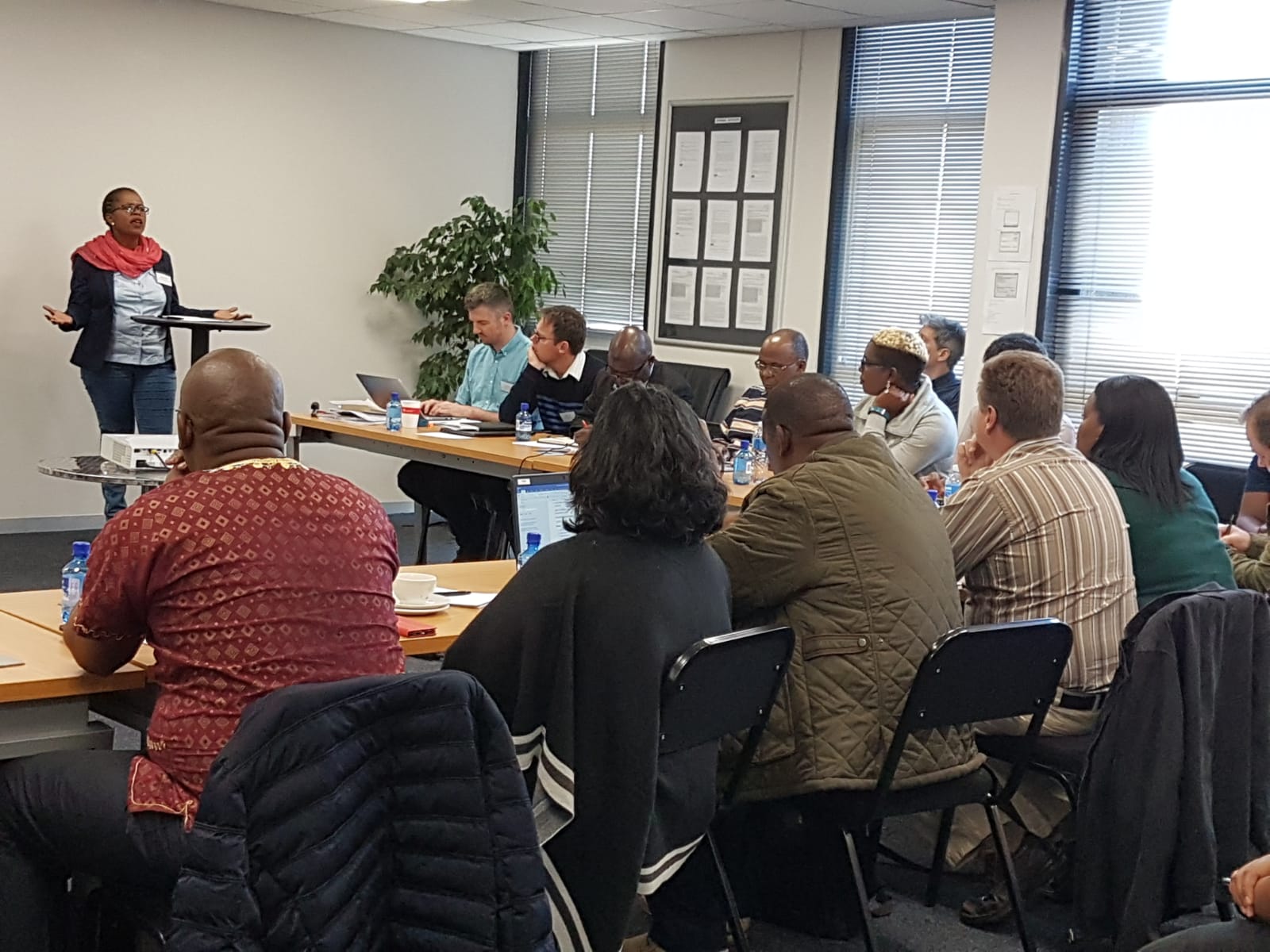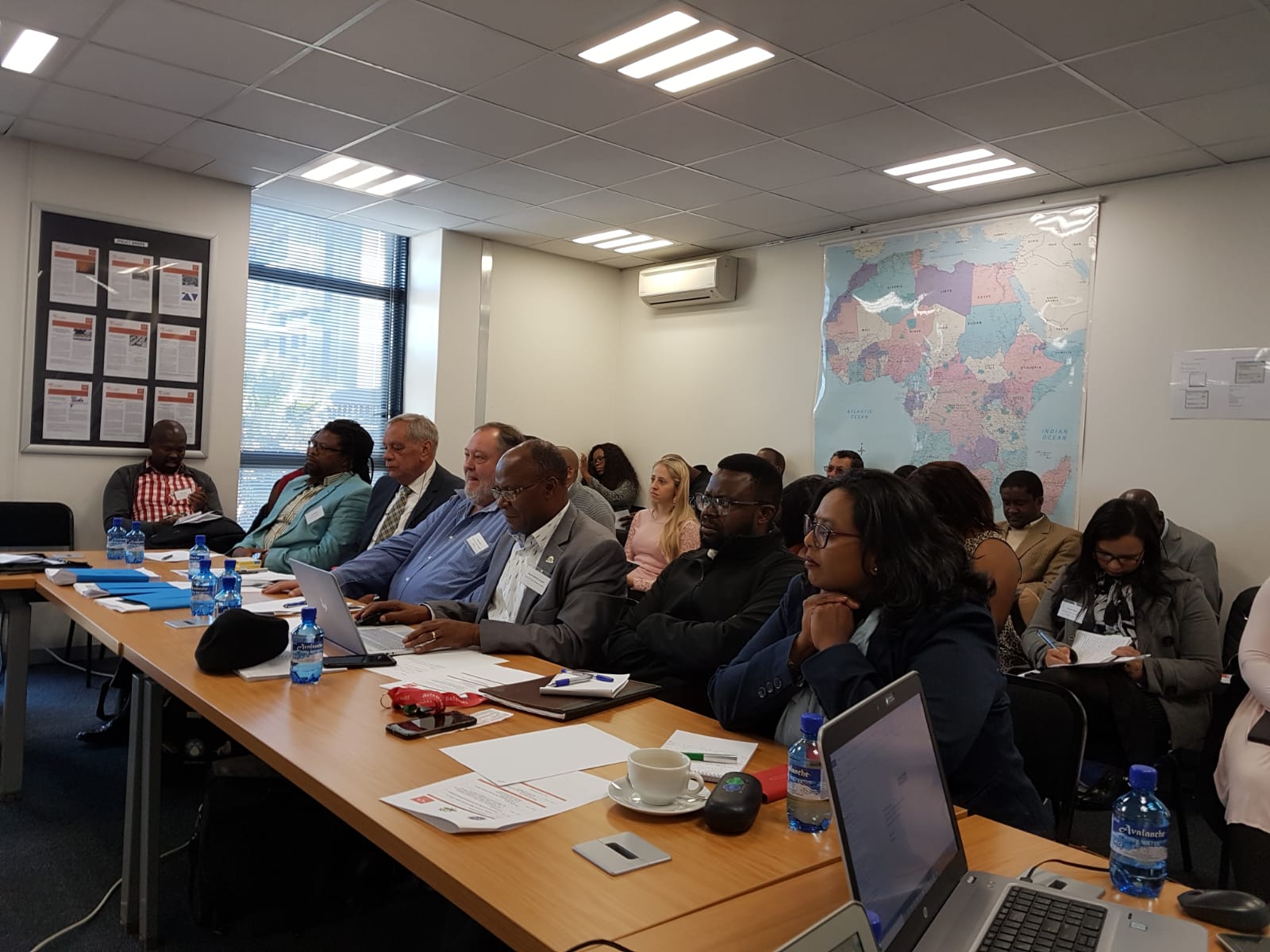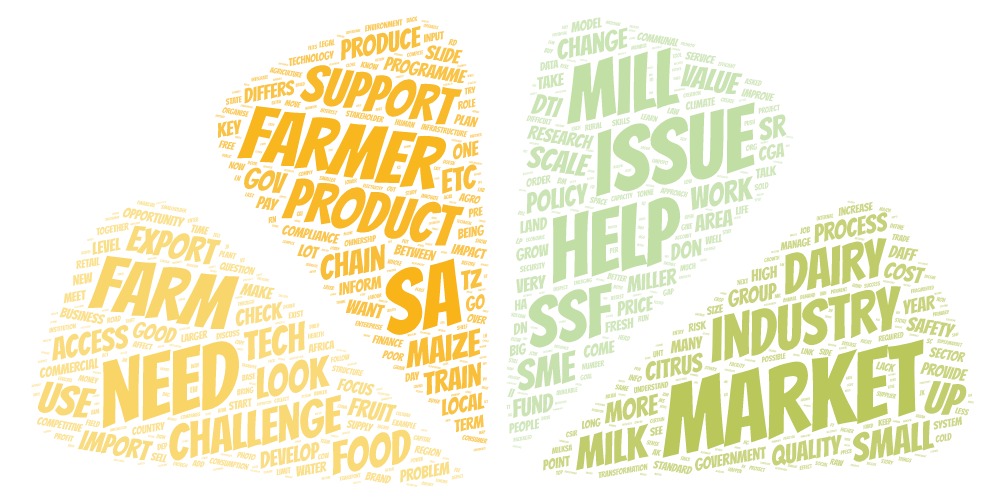For three days from the 10th to the 12th of July 2019, stakeholders from across the maize, dairy and citrus industry in South Africa were brought together at the CCRED offices in Johannesburg as the Innovation and Inclusive Industrialization in Agro-Processing project (IIAP) launched in South Africa with a series of stakeholder workshops.

The workshops were attended by project team members from the University of Edinburgh, University of Johannesburg and the Economic and Social Research Foundation as well as guests and speakers from across the maize, dairy and citrus industries alongside farmers, NGOs and government representatives.
The purpose of the workshops was to present the IIAP project design and research questions in order to gain valuable feedback from stakeholders prior to the data collection phase. Feedback was deliberately sought early on in an attempt to help shape the project and make it more relevant. To this end, the range of important contributions at the workshops greatly benefited the project and provided some key insights regarding each of the value chains in South Africa.

Contributors to the maize workshop included Boikanyo Mokgatle from the National Chamber of Milling and Luan Van der Walt from Grain SA. The workshop on the dairy value chain saw a range of presenters including Godfrey Rathogwa (Milk SA), Dr. Chris Van Dijk (Milk Producers Organisation) and Alwyn Kraamwinkel (SA Milk Processors Organisation). Finally, contributions from the citrus industry included Louisa Molokamogotsi (Citrus Growers Development Company), Louis Grobler (Perishable Produce Export Certification Agency) and Paul Hardman (Citrus Growers Association). In addition, attendees also heard from local millers, dairy producers and citrus farmers who provided valuable insight into each value chain from a grassroots perspective.

There were a number of key themes that emerged from the workshops. In maize, a consistent theme was the difficulties SMEs faced in gaining access to markets in South Africa, and the ability of these small-scale enterprises to compete with the larger companies. Also, the issue of adequate storage, access to technology and lack of infrastructure was highlighted especially in rural areas. Interestingly, there were concerns around growth and lack of access to support for SMEs in meeting the additional requirements on packaging, storage and quality required when supplying larger retailers.
For dairy, the difficulty of maintaining quality was raised a number of times as was the opportunity of increasing consumer demand for milk products in South Africa and beyond. The challenge of access to larger retailers such as supermarkets was also highlighted as were the requirements and costs related to dealing with larger retailers. There was recognition that some financial assistance was available although the lack of follow-up and technical support was flagged as a significant problem.
Lastly, for citrus, the challenge of maintaining quality and meeting export requirements, especially in relation to phytosanitary conditions, was brought up by numerous stakeholders. Another recurring issue was the fragmentation and lack of communication between government departments which was seen as leading to a lack of standardized support for farmers. Finally, the challenge of insecure land tenure was also highlighted in addition to the difficulties relating to cold storage and payment delays with suppliers.

Overall, the stakeholder workshops were very helpful in directing the research team. The project will now progress to data collection with these insights used to refine our data collection tools.
A big thank you to everyone who came and shared their valuable insights!







Enjoyed looking through this, very good stuff, thanks. Bride Prinz Gaultiero